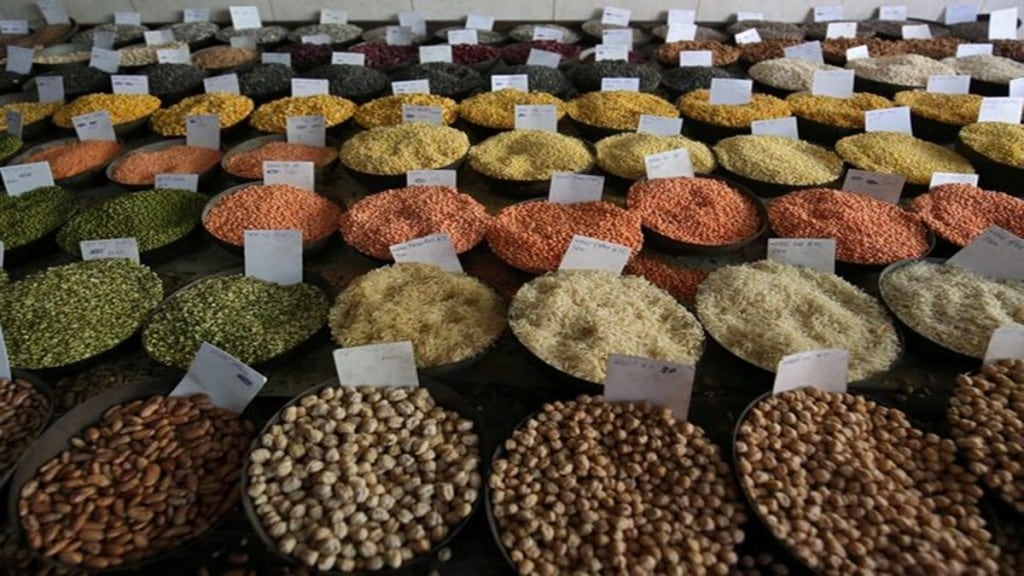The cabinet on Wednesday approved the continuation of the Pradhan Mantri Annadata Aay SanraksHan Abhiyan (PM-Aasha), an umbrella scheme to ensure minimum support price (MSP) to farmers and curb price fluctuations in essential commodities for consumers.
This extension will have an financial outlay of Rs 35,000 crore during the 15th Finance Commission cycle, up to FY26.
PM-Aasha will now have the components of several existing schemes like Price Support scheme (PSS), Price Stabilization Fund (PSF), Price Deficit Payment Scheme (POPS) and Market Intervention Scheme (MIS) implemented by agriculture and consumer affairs ministries.
Commencing from the 2024-25 season, the government will procure pulses, oilseeds, and copra at MSP under the PSS and 25% of marketable surplus of these crops can be purchased by central and state agencies at MSP aimed at preventing distress sales.
However, the agencies would be able to purchase 100% of pulses varieties – tur, urad, and masur in the current season aimed at boosting production and reducing import dependence.
To boost procurement, the government has increased its financial guarantee to Rs 45,000 crore which would ensure procurement of pulses, oilseeds and copra by agencies of agriculture minister registered farmers on platforms like the eSamridhi portal (NAFED) and eSamyukti portal (NCCF) when market prices fall below MSP
To encourage states to adopt the POPS for oilseeds, the government has increased the coverage from 25% to 40% of state production. Additionally, the implementation period has been extended from three to four months. “The Central Government will cover up to 15% of the difference between the MSP and the sale or modal price, providing crucial support to farmers,” according to an official statement.
Under MIS, the government has raised the coverage from 20% to 25% of production and introduced an option for direct differential payments to farmers, replacing the physical procurement process.

